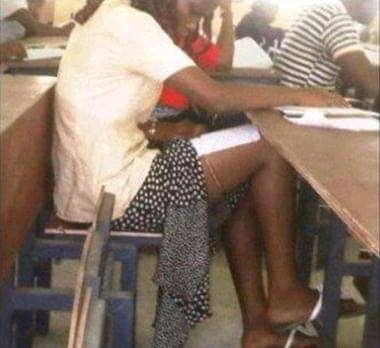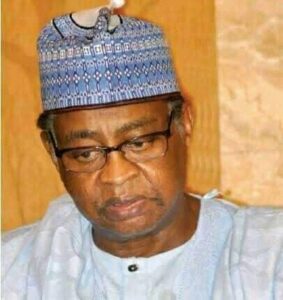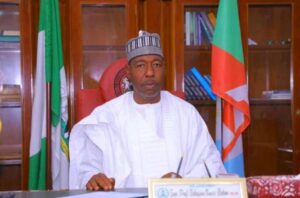
By Stephen Ibrahim
During my secondary school days and a year before I wrote my Senior Secondary Certificate Examination (SSCE), my father once said a statement which till date always cautions me whenever I am moved to engage in dishonest activity in the school. He said “you can always be fulfilled and successful when you are real and honest to yourself especially when it comes to writing school examinations. No successful man is a cheat”.
He went further to give me examples of people like Denzel Washington and Wole Soyinka who believe in themselves and become what they are today, not because they engage in dishonest activities during school examinations, they were honest and determined. Examination malpractice will only make me a coward and see myself as nothing, while am something deep within me.
The rate of examination malpractice among students in Nigeria has led to a colossal damage in the nations educational system. This to a great extent has devalued the results being obtained from schools across the country.
Examination malpractice is an academic dishonesty or an act of academic fraud. In fact, both the norms can be used interchangeably. It is also the type of cheating students engage in during examination process.
In Nigeria, the last two decades have witnessed an alarming rate of increase in incident of examination of examination misconduct especially in secondary school level. Evidence abound of increasing incidence of examination malpractice by students, teachers and parents.
This unlawful act has become so rampant that there is virtually no examination anywhere at all levels and even outside the formal school, that there no form of sharp practice or the other.
Every single student has to understand the importance of proper education. And, the earlier we understand, the easier it will be for us to live and work for the future. But in Nigeria a negative phenomenon is observed, which constantly affects our educational system in general. And, this problem is examination malpractice.
The form of indecent attitude which includes: plagiarism, fabrication, lying, cheating, bribery, sabotage, professor-teaching misconduct are all practiced by Nigerian students. Teachers are not left behind.
It was also observed that new undergraduates engage more in examination malpractice especially during their first and second year in the institution. And those in their final levels practice it in an advance form.
Ultimately, examination malpractice destroys the academic world through graduating half-baked students.
Students are at the greater level of getting affected educationally, morally, mentally, emotionally, and otherwise. If care is not taken taking, the future of education in Nigeria is in great danger.
Parents as a great institution to boost the nation’s educational system also supports their wards negative attitude through registering them in special examination centers called “miracle centers”. What a bad decision to decide for a child. Are the miracles canters not known by government institutions and concerned councils? If known, what rational decision have they taken to curb the lingering problem.
Examination malpractice has a negative impact on the reputation of the schools and institutions involved and this may lead to less attraction by potential sponsors, prospective students, and potential employers.
Nigerian are respected internationally and this standard can only be maintained if teachers, parents, schools, and the students take urgent action.


